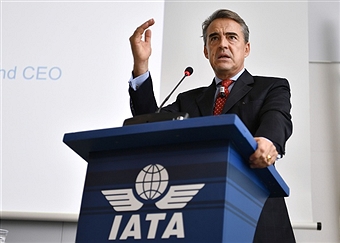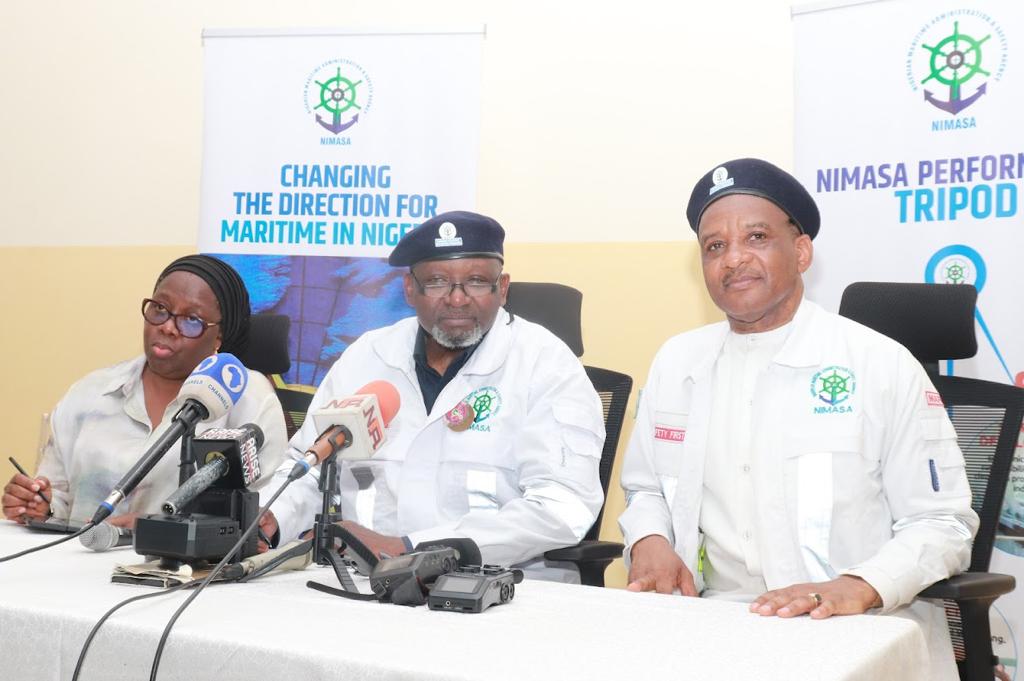The Director-General/CEO of International Air Transport Association (IATA), Alexander de Juniac has described planned concession of four leading international airports in Nigeria as analogue policy in the face of modern aviation realities where provision of infrastructure remains the core duty of governments.
He said globally, the privatization of airport infrastructure has not lived up to airline expectations.
Business Hilights recalls that IATA is a global body representing 290 airlines comprising 82 per cent of global air traffic.
Details from the latest IATA Report on the Air Transport Industry at the 74th IATA Annual General Meeting (AGM) and World Air Transport Summit holding in Sydney, revealed that “As customers of many airports in private hands, airlines have far too many bitter experiences. Travelers also sense the problem. According to Skytrax, five of the top six traveler-preferred airports are public.
“Motivated by our members’ frustration, we did our own performance benchmarking. Privatized airports are definitely more expensive. But there is little difference in efficiency or investment levels compared to airports in public hands.
IATA recalled that Nigerian government has taken far-reaching decision towards concessioning four major airports in Lagos, Abuja, Kano and Port Harcourt, which has attracted wide criticisms and endorsement in some quarters.
IATA Report informed the government that “Expecting privatization to be the magic solution is a wrong assumption,” and advised government to initiate sustainable solutions to ensure the infrastructure needed to meet growing demand for connectivity.
De Juniac argued that “We are in a capacity crisis. And we don’t see the required airport infrastructure investment to solve it. Governments struggle to build quickly. But with cash-strapped finances, many are looking to the private sector for solutions. We need more airport capacity”.
Accordingly, IATA called on the federal government to drop the idea so as not to kill thriving indigenous players as the new carrier will end up dragging passengers with other commercial airlines.
De Juniac also urged governments to facilitate the growth of global connectivity by avoiding creeping re-regulation, maintaining the integrity of global standards, and addressing a capacity crisis.
Before now, several airline operators had voiced against the concession, saying it will amount to frustrating existing airlines who had been finding it hard to measure up in scales with stiff competition in the long run.









